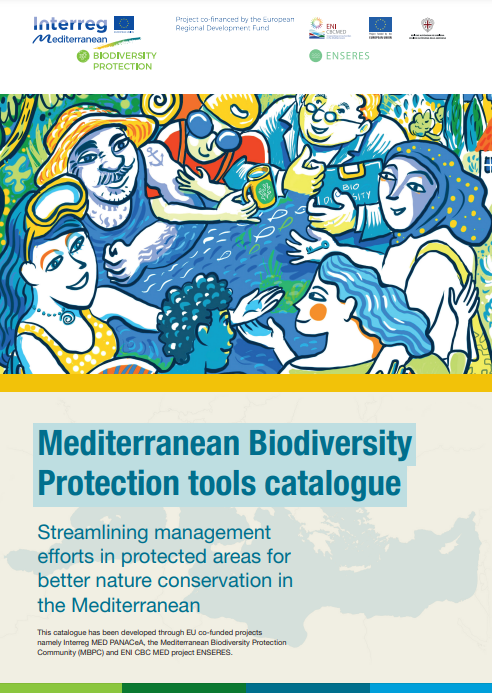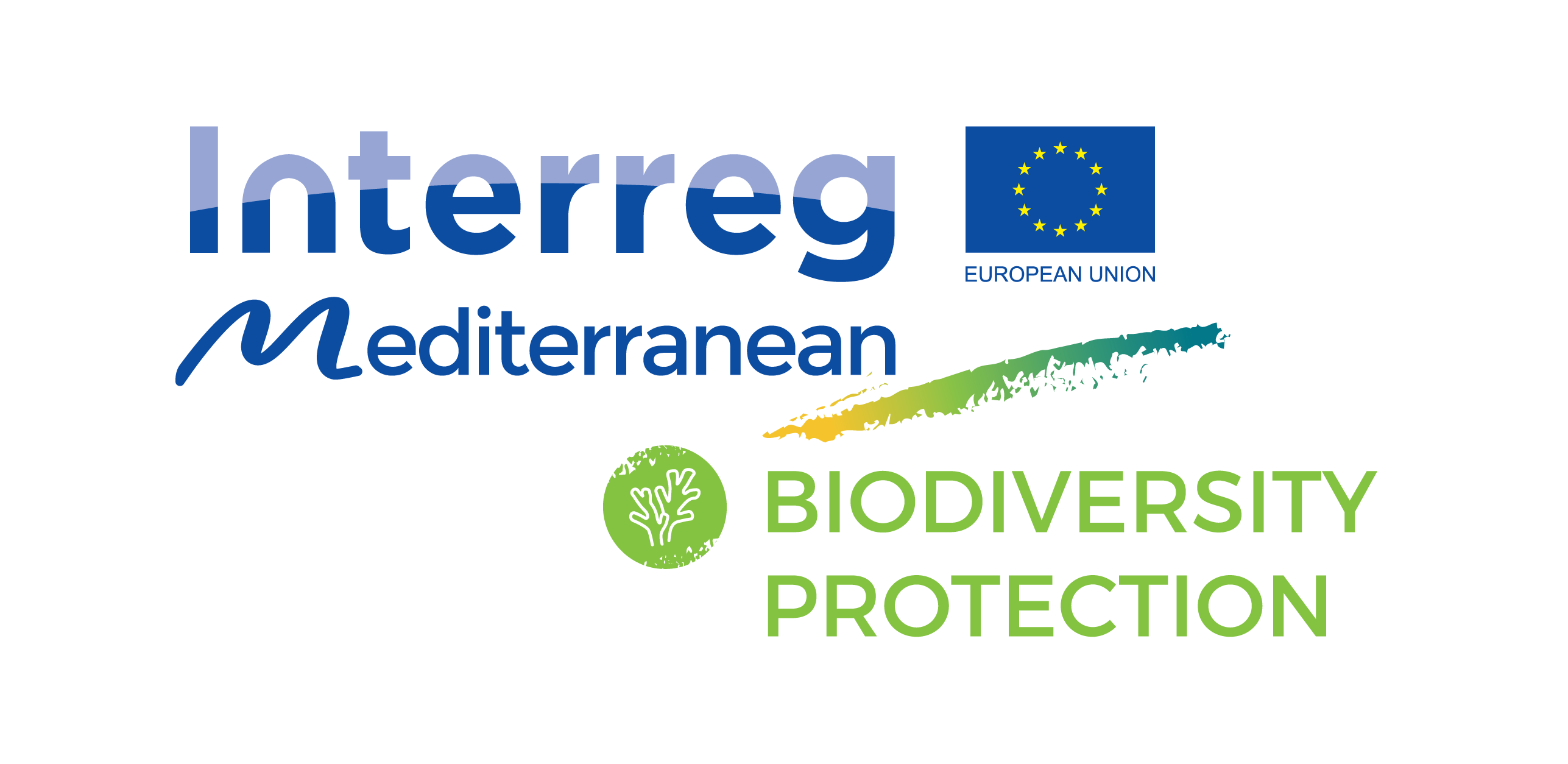Mediterranean Biodiversity Protection Community
The Mediterranean Biodiversity Protection Community (MBPC) – the successor to the PANACeA project (2016-2019,) is made of more than 300 nature conservation actors working together for environmental sustainability and biodiversity protection. The Mediterranean Biodiversity Protection Community project (2019-2022) is a continuation of the PANACeA project (2016 to 2019) with an aim to advance networking and management efforts inside and outside protected areas (PAs) in the region. The community brings together key public and private players by mainstreaming management efforts for environmental sustainability and increasing the impact of biodiversity protection projects towards common identified strategic goals.
Since 2019, partners and projects of the Mediterranean Biodiversity Protection Community, through three working groups, are promoting collaborative work and helping build capacity in partners and interested actors for effective biodiversity protection. Through the local adoption of management tools and approaches at regional and national levels, particularly around governance mechanisms, public and private sector cooperation and awareness of Mediterranean biodiversity and the challenges, our community continues to find and share solutions for effective biodiversity protection across the whole Mediterranean.


Type of tool
Theme
End-User
Geographical scale
Year
Keywords
Pilot Areas
The Mediterranean region and the pilot sites from the Mediterranean Biodiversity Protection Community and the ENSERES project.
What problems would this tool solve?
This Catalogue is an update and extension of a previous report developed in the context of PANACeA, which included a preliminary version of some of the tools for ecosystem-based management in the Mediterranean, being developed by the Biodiversity Protection Community projects during the year 2018.
The tools included in this version of the Catalogue updated in 2022 are classified into several types: monitoring tools; management tools; geospatial tools; financial tools and other tools.
What is needed for its implementation?
Depending on the tool, different requirements for implementation might be needed.
How to use it?
The catalogue includes monitoring, management, geospatial, financial and capacity building tools for more effective biodiversity protection in the Mediterranean region.
General information on the target groups of the tool, the theme addressed, the type of tool, the pilot areas where the tools has been tested or is planning to be, applied, and a list of keywords to easily find the tool;
• The main problem that the tool aims to solve;
• The main requirements for the implementation of the tool, in relation to technological infrastructure, training, and investment;
• A brief description on how to use the tool, and the recommended timeline of implementation;
• The main challenges that may arise during the implementation of the tool, and suggestions on how to address them;
• A brief description of the main quantitative results of the tool, and the potential of transfer of this tool into other areas;
• Key numbers that illustrate the need to implement the tool, or its efficiency/effectiveness; and
• Project and pilot areas, including links of interest to platform pages, project results, detailed reports, or any other useful material for further information on the tool.
What are the expected results?
Each of the tools included in the catalogue is specially targeted to satisfy the specific needs and requirements of an ecosystem based management, in line with the aim and the activities of the Mediterranean Biodiversity Protection Community and other relevant projects identified. They may be
adopted and implemented by a wide range of stakeholders, including MPA managers, local authorities, citizens, researchers, and a diverse range of stakeholders (e.g., fishermen, hunters, business sector).
Project contact
panacea-med@uma.es
